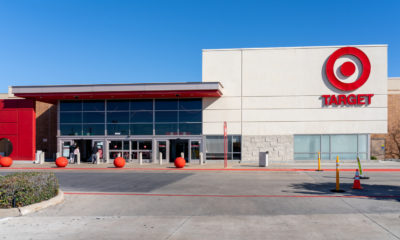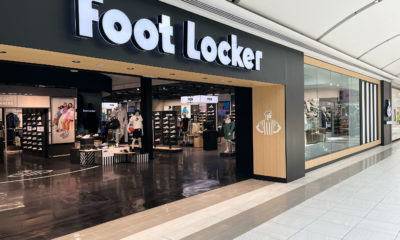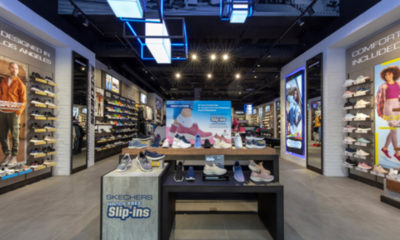New Jersey state and local authorities have announced plans to increase the use of video cameras to improve security in shopping malls.
State officials said the system could broadcast live images to the police in the event of a terrorist attack.
The “model mall” program will be tested at Garden State Plaza (Paramus, N.J.), one of the state’s largest malls. It’s expected to cost about $1 million and be completed by the end of the year. If successful, the program will be expanded to schools.
Macy’s East, the New York-based division of Federated Department Stores (Cincinnati), has agreed to pay New York State $600,000 to settle a complaint that its New York stores engaged in racial profiling and the unlawful handcuffing of customers detained on suspicion of shoplifting.
Under the settlement, the 29-store operation will also change its security practices.
Macy’s, like many other retailers, employs a private policing system whereby people suspected of shoplifting are often detained, questioned and sometimes privately fined. The state’s investigation found that most of people detained at a sampling of Macy’s stores around the state were black and Latino, a disproportionately high number when compared with the percentage of blacks and Latinos who shopped at those stores, according to the complaint.
Advertisement
The investigation also found that the store’s practice of handcuffing detainees was unlawful. The store’s official policy is to handcuff detainees if they are determined to be dangerous, but in a number of cases investigated, almost everyone was handcuffed, regardless of age, size or behavior. Macy’s officials contend that its formal policy banning racial and ethnic profiling was ignored by employees of the stores.
“The agreement is a result of both parties’ working toward a common goal of ensuring that the policies we had in place are followed strictly by employees in the stores,” said a Federated spokesperson. “Sometimes procedures implemented on the floor did not comply with the policies.”
As part of the settlement, Macy’s East has agreed to appoint an internal security monitor to train, monitor and investigate complaints about security employees. The company also said it would train employees more extensively on how to avoid discrimination and hire an outside company to perform anonymous audits on security employees to see if they treat customers differently based on race and ethnicity.
Dozens of security officers patrol the Herald Square store, Macy’s flagship, where people suspected of shoplifting are fingerprinted and detained, often behind metal bars in a holding cell. The operation involves German shepherds, hundreds of cameras and a closed-circuit television center, and cost the store $4 million in 2003, company officials said. The elaborate security system was Macy’s attempt to recoup some of the millions of dollars the company loses to theft each year. In 2002, more than 12,000 people passed through detention rooms in 105 Macy’s stores, including more than 1900 at the flagship store. Fifty-six percent of those people were handed over to the police, though most of those detained confessed and quite a few pay the in-store penalty before leaving, company officials say.
According to the complaint, blacks and Latinos claimed that they were followed, questioned and searched by security guards in several Macy’s stores based solely on the customers’ race and ethnicity. Several of the complainants said they were subjected to intrusive searches after security alarms sounded upon their leaving the stores, even though white customers who set off alarms were allowed to leave, according to the complaint. At one upstate New York Macy’s store, Latinos were nearly five times more likely, and blacks nearly three times more likely, to be handcuffed than white detainees, the investigation found.

 Headlines2 weeks ago
Headlines2 weeks ago
 Headlines2 weeks ago
Headlines2 weeks ago
 Headlines2 weeks ago
Headlines2 weeks ago
 Eric Feigenbaum6 days ago
Eric Feigenbaum6 days ago
 Headlines7 days ago
Headlines7 days ago
 Headlines1 week ago
Headlines1 week ago
 Headlines6 days ago
Headlines6 days ago














